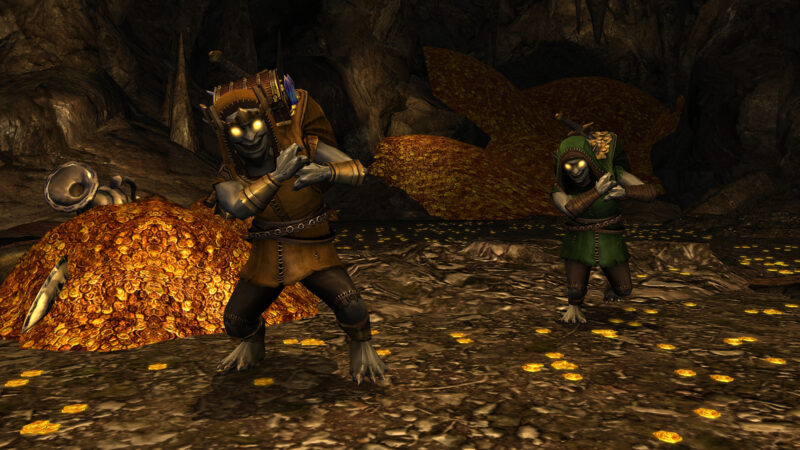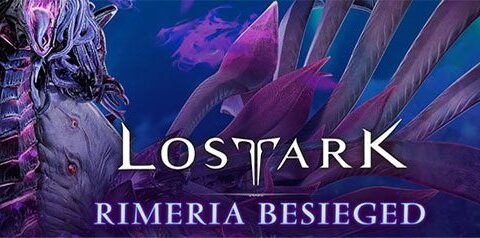Free-to-play MMORPGs offer a fantastic opportunity to explore vast virtual worlds and embark on endless adventures without an initial purchase. However, these games require monetization strategies to sustain development and operations. These systems range from unobtrusive to potentially manipulative. Let’s examine the different types of monetization commonly found in free-to-play MMORPGs, along with some notable examples.
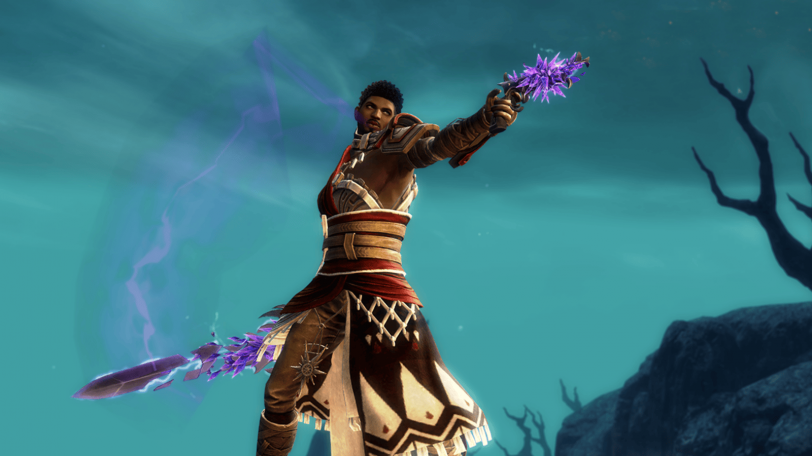
Cosmetics
Cosmetics are perhaps the most widely accepted monetization method. They allow players to personalize their characters’ appearances without affecting gameplay balance. Guild Wars 2 provides a plethora of cosmetic options purchasable with Gems (the premium currency), including outfits, dyes, gliders, and mounts. While these items won’t make you stronger, they certainly allow you to express your unique style. It’s a cosmetic tradeoff.
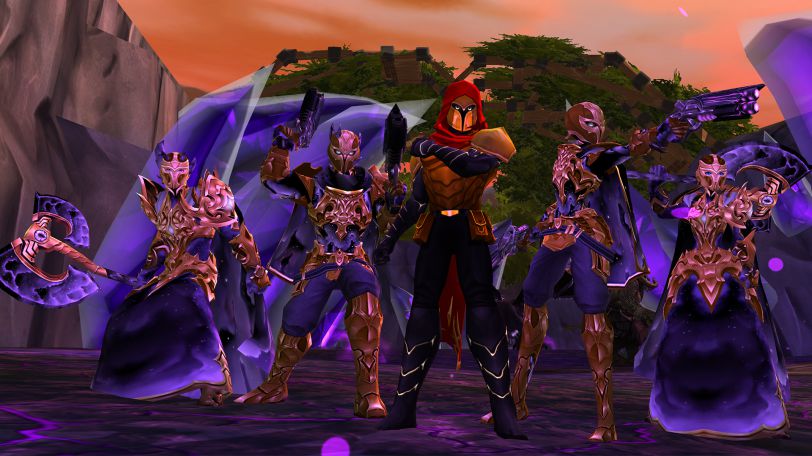
Convenience and Quality-of-Life Purchases
Another popular monetization approach revolves around convenience. This includes features like additional inventory slots and teleport scrolls. More inventory space reduces the need to frequently return to town to sell or store items, while teleport scrolls expedite travel to various locations. However, these features can edge into pay-to-win territory if not carefully balanced, especially when considering experience boosts. AdventureQuest 3D offers these types of perks. While appealing to players with limited time, these features often create divisions within the community between those who grind and those who spend.

Battle Passes and Seasonal Tracks
The battle pass model, popularized by games like Fortnite, has been widely adopted by free-to-play MMORPGs. Throne and Liberty utilizes seasonal progression systems that reward players for completing daily and weekly objectives. Rewards include cosmetic items, boosts, and premium currency. A paid version of the battle pass grants even more rewards. While battle passes can encourage consistent engagement, they also introduce a “fear of missing out.” Players unable to log in regularly may feel penalized due to their limited availability.

Subscription Hybrids
Some games blend free-to-play and subscription models. RuneScape, for example, locks significant portions of its content behind a paid membership. This hybrid approach allows newcomers to try the game for free while ensuring that long-term players financially support the game’s development. The subscription model feels less like a strict paywall and more like a commitment to the game’s ongoing evolution.

Loot Boxes and Randomized Rewards
Loot boxes represent one of the most controversial monetization strategies. Star Wars: The Old Republic previously relied heavily on Cartel Packs, which contained random cosmetics and rare mounts. The primary concern with loot boxes stems from their resemblance to gambling, as players spend real money without knowing the specific items they will receive. Several regions, including parts of Europe, have implemented regulations requiring developers to disclose drop rates or completely rework these systems. Consequently, many MMOs are now opting for direct cosmetic purchases or battle pass systems instead.
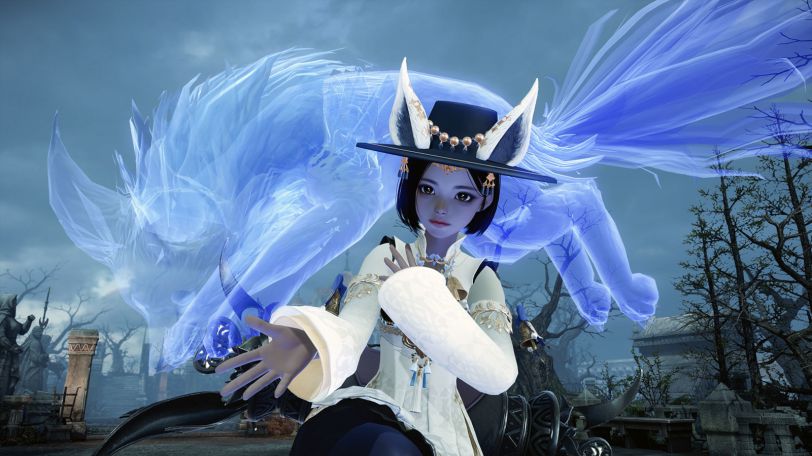
Premium Currencies and Exchange Systems
Almost all free-to-play games utilize at least one form of premium currency. These currencies introduce a buffer between real-world money and in-game value, which can psychologically ease the feeling of spending. Lost Ark goes a step further with currency exchange systems, allowing players to trade premium currency for in-game gold. Theoretically, this grants everyone access to paid items without requiring direct cash purchases. However, this practice can also contribute to inflation and disrupt the in-game economy. Balancing these markets poses a constant challenge for developers, especially when real-world money indirectly influences progression speed.
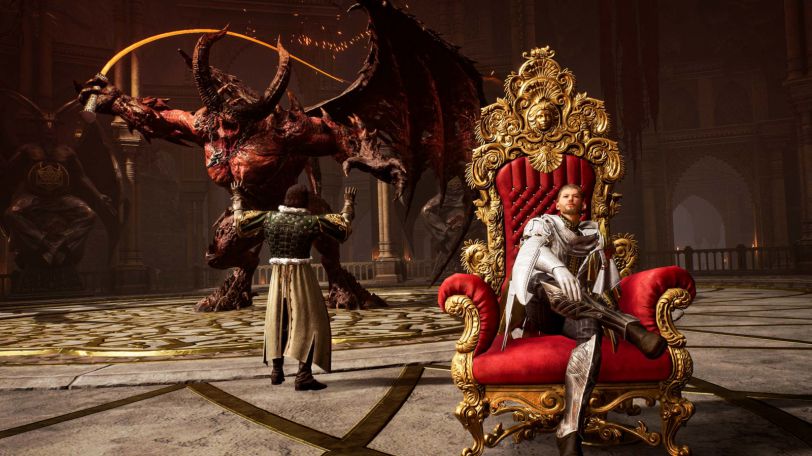
Conclusion
Monetization is an unavoidable aspect of free-to-play MMORPGs. It is the necessary engine for their survival. Some games primarily rely on cosmetics or pay-for-convenience features. Others generate revenue through more aggressive, potentially pay-to-win mechanics. Free-to-play games do not need to exploit their player base to be successful. As the genre continues to evolve, developers must find a balance between generating revenue and respecting their audience. Spending should enhance the gaming experience, not define it. When implemented fairly, monetization can enable virtual worlds to thrive for years without violating the spirit of “free to play.”
Related articles
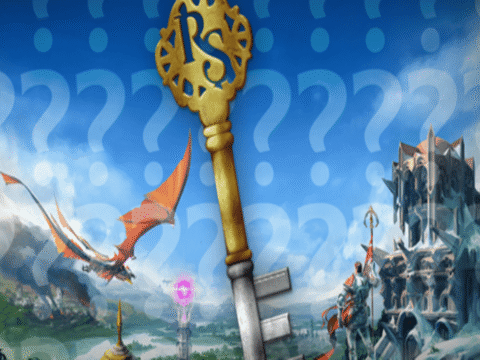
Jagex Plans Big RuneScape Monetization Changes
Oct 11, 2025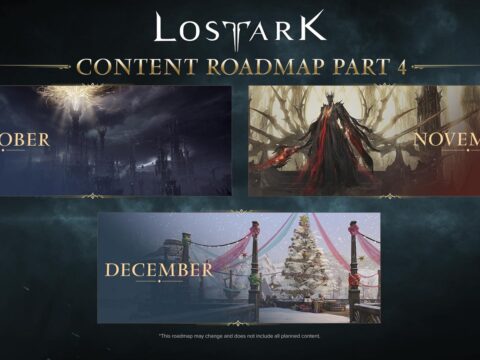
Raids, Region Merge, and New Progression.
Oct 01, 2025

